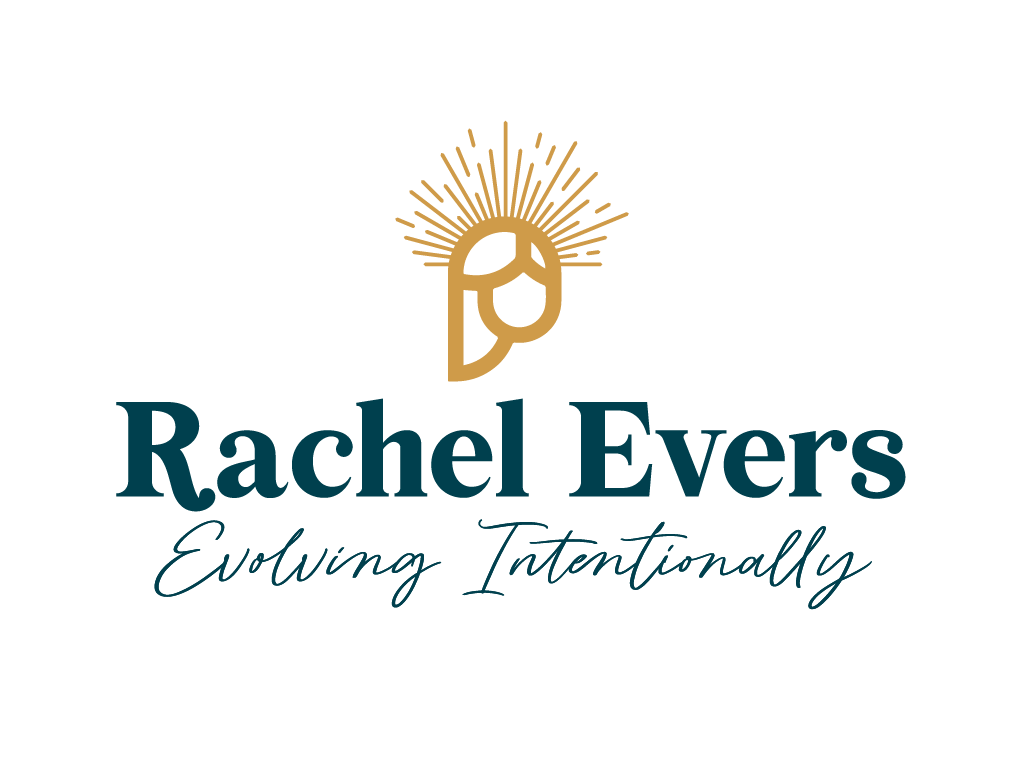The Power of Journalling: A Key to Mental Well-being
Journalling is a profoundly simple yet effective tool recommended by psychologists to enhance mental health and emotional well-being.
Its universal endorsement is backed by numerous psychological benefits, from emotional catharsis to cognitive clarity. Here’s why incorporating journalling into your daily routine can be transformative:
Facilitates Emotional Processing
Journalling provides a unique outlet for expressing thoughts and emotions that might be difficult to articulate verbally. It allows for emotional processing that can lessen the intensity of negative emotions and clarify mental states. This cathartic effect of putting pen to paper helps transform worries and fears into manageable entities.
Enhances Self-Reflection and Insight
Journalling promotes deep self-reflection, encouraging individuals to confront their inner thoughts, fears, and aspirations. This introspective practice leads to greater self-awareness and insight, helping identify thought and behaviour patterns that contribute to personal distress. It’s a valuable tool for self-discovery and personal growth.
Supports Cognitive Processing and Memory
Beyond emotional benefits, journaling enhances cognitive functions. It organises thoughts, aiding in problem-solving and decision-making. Additionally, journalling can improve memory and comprehension by reinforcing mental connections and providing a written record of personal experiences.
Promotes Healing and Resilience
The act of journalling has therapeutic benefits that extend to physical health, including improved immune function and quicker recovery from illnesses and surgeries. This underscores the healing potential of journaling, highlighting its role in fostering overall resilience and well-being.
Encourages Mindfulness and Present-Moment Awareness
Journalling can be a mindful practice that focuses the writer on the present moment and current emotions. This aspect of journalling helps reduce stress and anxiety by anchoring individuals in the now, alleviating concerns about past or future issues.
In Conclusion
Journalling is more than just a writing exercise; it’s a versatile therapeutic tool with wide-ranging benefits from emotional catharsis to fostering resilience and mindfulness. Whether used alone or as part of a broader therapeutic strategy, journaling offers a pathway to a healthier, more introspective, and fulfilled self.
For those interested in further reading on this topic, please see some interesting courses below:
References
For readers interested in reviewing scientific studies supporting the benefits of journalling, a wealth of research offers valuable insights. The following references serve as a fraction of a starting point for those eager to explore the empirical evidence behind the psychological recommendations for journaling:
Pennebaker, J.W., & Beall, S.K. (1986). "Confronting a traumatic event: Toward an understanding of inhibition and disease." Journal of Abnormal Psychology, 95(3), 274-281.
Spera, S.P., Buhrfeind, E.D., & Pennebaker, J.W. (1994). "Expressive writing and coping with job loss." Academy of Management Journal, 37(3), 722-733.
Baikie, K.A., & Wilhelm, K. (2005). "Emotional and physical health benefits of expressive writing." Advances in Psychiatric Treatment, 11, 338-346.
Mueller, P.A., & Oppenheimer, D.M. (2014). "The pen is mightier than the keyboard: Advantages of longhand over laptop note taking." Psychological Science, 25(6), 1159-1168.
Niles, A.N., Haltom, K.E.B., Mulvenna, C.M., Lieberman, M.D., & Stanton, A.L. (2014). "Effects of expressive writing on psychological and physical health: The moderating role of emotional expressivity." Anxiety, Stress & Coping, 27(3), 271-287.
Smyth, J.M., & Pennebaker, J.W. (2016). "Exploring the boundary conditions of expressive writing: In search of the right recipe." British Journal of Health Psychology, 21(1), 1-7.
Park, D.O., & Ayduk, O. (2017). "Regulating the personal past: An examination of individual differences in how the past is used to regulate current self-views." Journal of Personality and Social Psychology, 112(5), 761-777.
Zuniga, K.E., Raglin, J.S., & Mahon, A.D. (2018). "The effects of cognitive reappraisal and expressive suppression on psychological and physiological response to stress." Anxiety, Stress, & Coping, 31(4), 375-389.
